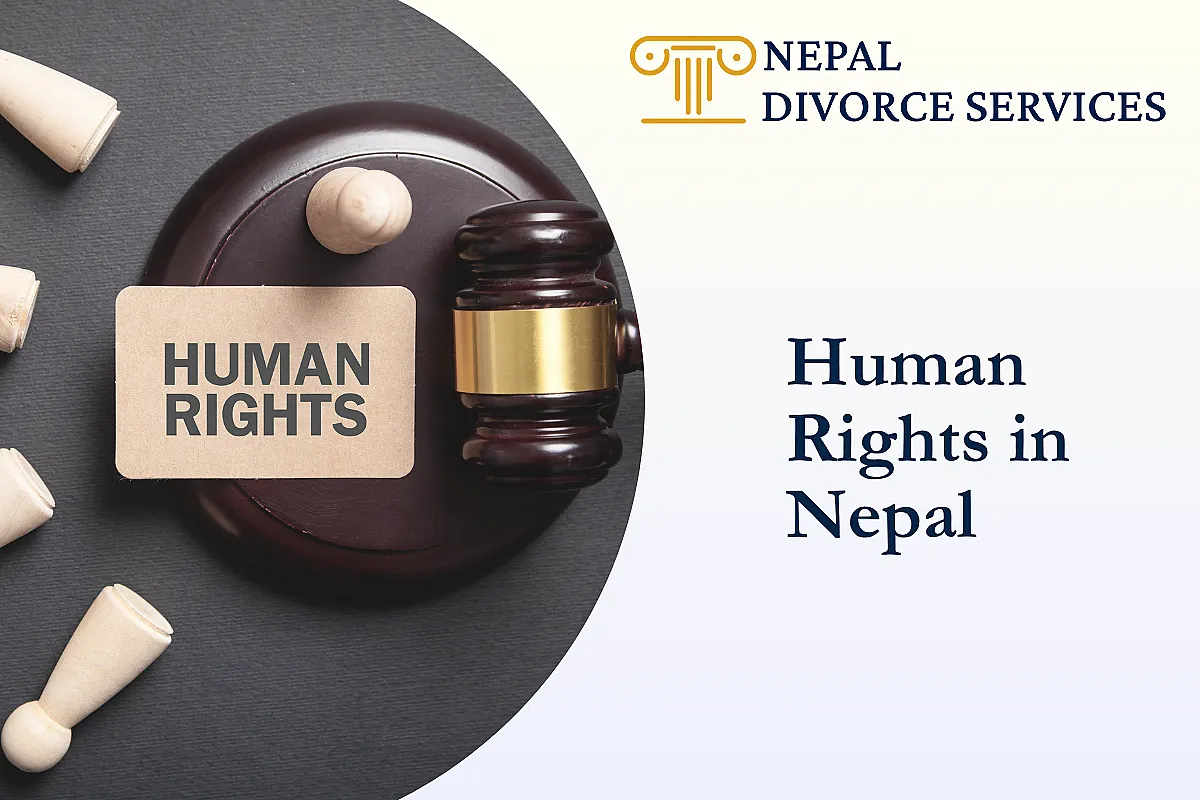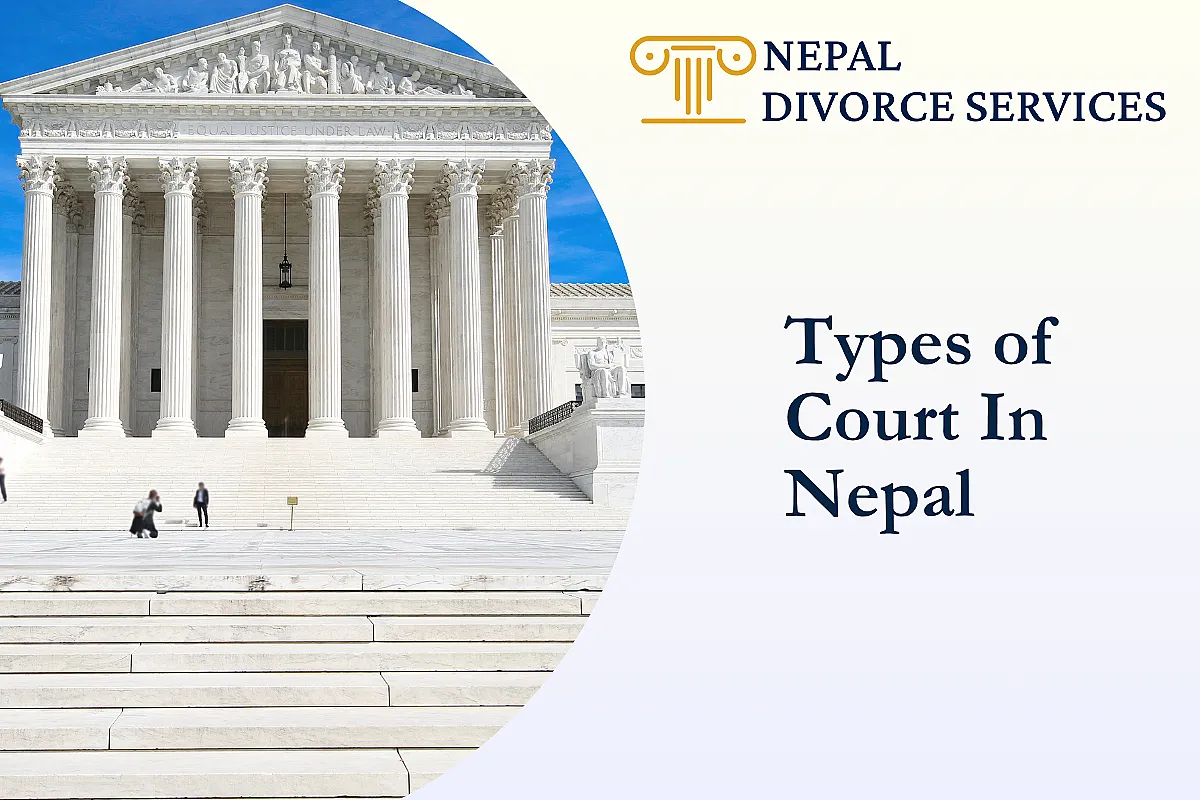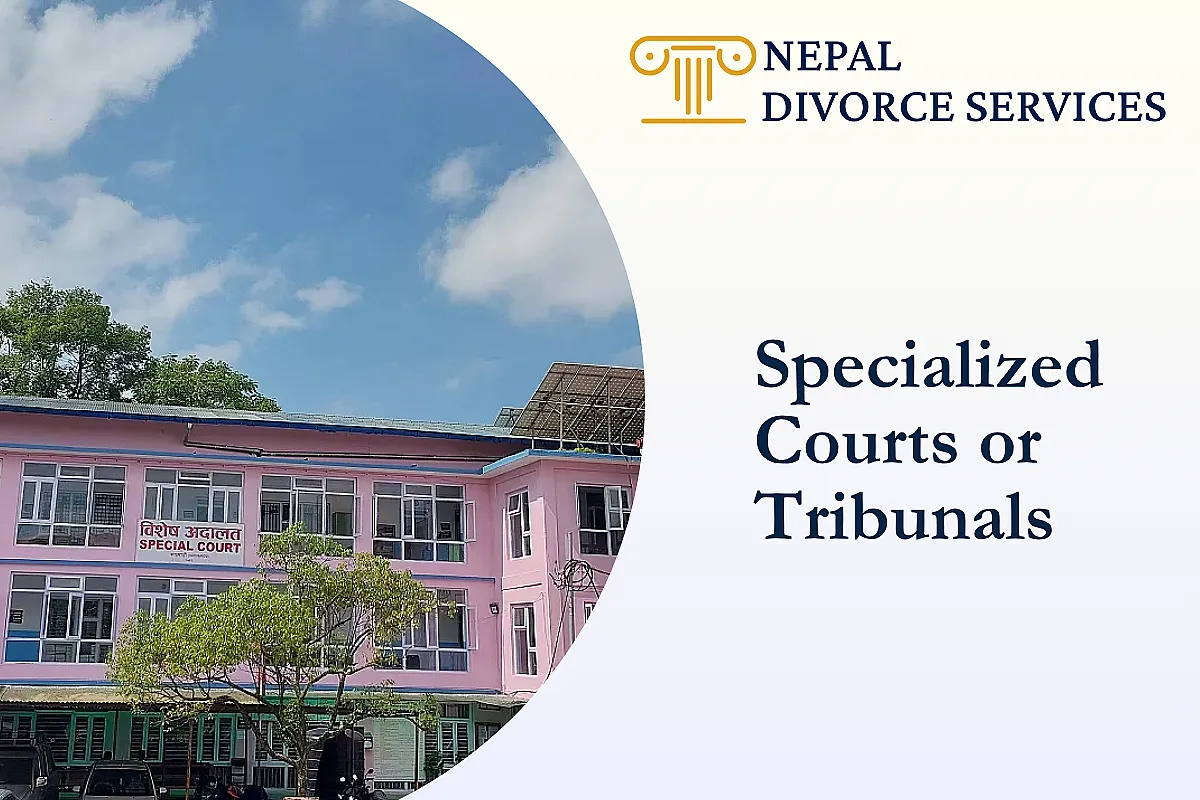Tag : Public Interest Law Firm
Human Rights in Nepal
Human Rights in Nepal are the rights and freedoms that are guaranteed to all Nepalese people by the constitution, laws and international treaties. Human rights include civil and political rights, such as freedom of expression, assembly, association, religion and fair trial, as well as economic, social and cultural rights, such as right to education, health, work, food and social security. Human rights also include the right to live with dignity, equality and non-discrimination. Human rights are essential for democracy, development and peace in Nepal. However, human rights in Nepal face many challenges and violations, especially in the context of the decade-long armed conflict between the government and the Maoist rebels from 1996 to 2006, which resulted in thousands of deaths, disappearances, displacements and abuses by both sides. The conflict also affected the human rights situation in terms of poverty, health, education, gender equality and social inclusion. Despite the signing of the Comprehensive Peace Agreement in 2006 and the promulgation of the new constitution in 2015, human rights issues remain unresolved and unaddressed in Nepal.
Types of Court In Nepal
Nepal is a country with a rich and diverse legal culture that reflects its history, geography, and society. The Nepali judicial system consists of various types of courts and judicial bodies that exercise the powers relating to justice by the Constitution, laws, and recognized principles of justice. In this article, we will explore the types of courts in Nepal, their jurisdiction, composition, procedure, and functions. We will also discuss how the Nepali courts handle family-related issues, such as divorce, separation, child custody, and alimony, and how you can get the best legal advice and representation from Nepal Divorce Services, the leading divorce law firm in Nepal.
Specialized Courts or Tribunals
Specialized courts or tribunals are courts or judicial bodies that are established for the purpose of hearing and deciding special types of cases that require specific expertise, experience, or procedure. Specialized courts or tribunals may be constituted by the Constitution of Nepal, by law, or by a notice published in the Nepal Gazette by the Government of Nepal. Specialized courts or tribunals may have different composition, jurisdiction, procedure, and functions than the regular courts. In this article, we will explore some of the specialized courts or tribunals that exist in Nepal.
What to Expect from Criminal Lawyers
Criminal lawyers are legal professionals who specialize in defending individuals or entities who are accused of committing crimes. Criminal lawyers can represent their clients in various stages of the criminal justice process, such as investigation, arrest, bail, trial, appeal, and sentencing. Criminal lawyers can also advise their clients on their rights, obligations, and options in dealing with the criminal charges.
Dowry System in Nepal
The dowry system in Nepal, particularly prevalent in Hindu communities, involves the bride's family offering money, goods, or property to the groom's family during marriage. Originally intended to ensure the bride's financial security, dowry has evolved into a practice that often burdens families and perpetuates gender inequality. Despite legal prohibitions under Nepal's National Criminal Code, the custom persists, especially in the Terai region. The dowry system contributes to financial stress, perpetuates patriarchal norms, and has even led to domestic violence or dowry-related deaths. Understanding the legal framework and challenges associated with dowry is crucial for promoting gender equality and protecting women's rights in Nepal.





-–-Easy-Guide-to-all-the-Latest-Provisions-medium.webp)